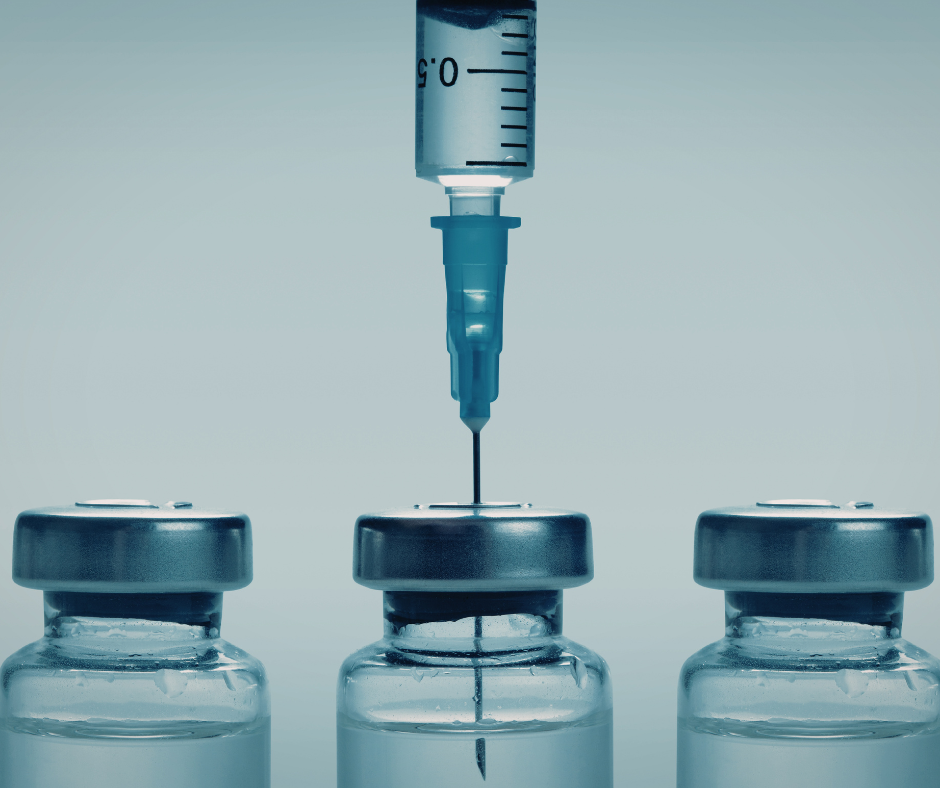Is someone telling you that you are getting a little too “testy”? At the heart of this joke lies a question that’s got folks buzzing with curiosity: “Does testosterone make you angry?” It’s a real debate that’s stirring up the pot in both the science world and coffee chats alike.
Neuro Science News throws in its two cents, suggesting that while testosterone has its moments when it comes to upping the aggression ante, it’s not the sole director of our mood swings.
Turns out, it’s a bit of a team effort. Everything from our personal experiences to how our day’s going can step in and mix things up.
Let’s take a look at this hormone and its relation to anger.
Testosterone: More Than Just a Hormone
When most of us hear “testosterone,” we might think of bulging muscles, deep voices, and maybe even those movies with men and pitchforks. But let’s not pigeonhole this hormone; it’s got more layers than an onion.
First off, yes, testosterone levels play a key role in developing those typically male characteristics during puberty, like facial hair and a deeper voice. But here’s where it gets interesting: testosterone is also in the background of both men and women, playing a crucial part in both gender’s health.
Low testosterone levels can leave you feeling like you’re running on empty, both physically and emotionally. On the flip side, too much of this hormone isn’t the answer either. The body loves balance, and tipping the scales too much in either direction can throw things off-kilter.
So, yes, while testosterone does have a bit of a reputation for being the “macho” hormone, it’s playing a much more nuanced role in our bodies. It’s about energy, mood, and feeling like the best version of yourself. And understanding this can change the game when it comes to managing our health and happiness.
The Myth of Rage: Testosterone and Anger
Now, let’s tackle the elephant in the room. The big question: “Does testosterone make you angry?” You might expect a simple “yes” or “no,” but in the world of hormones and human behavior, things are rarely clear-cut.
The idea that testosterone turns people into walking, talking rage machines is a bit of an oversimplification. Sure, we’ve all heard tales or seen portrayals of the so-called ‘roid rage, but let’s dive into what the science actually says.
Recent studies have started to paint a more nuanced picture. Researchers have found that while testosterone can influence aggression, it’s not the sole puppet master pulling the strings on our tempers. Think of it more like a factor that can amplify certain tendencies rather than an outright cause.
For example, one fascinating study showed that testosterone might make individuals more likely to stand their ground in a conflict, but not necessarily become aggressive out of the blue. It’s as if testosterone is turning up the volume on your usual response to confrontation, not changing the station.
Moreover, context plays a huge role. How we react to an increase in testosterone can be influenced by our environment, personal experiences, and even our mood before the hormone levels begin to rise. It’s like being at a loud party: if you’re already in a bad mood, the noise might make you more irritable, but if you’re in high spirits, you might join the dance.
So, before we jump to conclusions about testosterone being the bad guy in the story of anger, it’s important to remember that our emotions are complex. They’re influenced by a whole cocktail of factors, with hormones being just one ingredient.
Testosterone, Cortisol, and the Balance of Mood
Ever feel like you’re on an emotional rollercoaster and not the fun kind? One minute you’re cool as a cucumber, and the next, you’re snapping over the smallest thing. It might not just be a case of waking up on the wrong side of the bed.
It could be your hormones playing with your mood.
While some folks think pumping up testosterone turns you into a rage monster, the reality can be quite the opposite. If your testosterone levels are on the lower side, it might actually be contributing to those mood swings. Bringing those levels up to a healthier tune with testosterone treatment could potentially turn the volume down on anger and bring up the feel-good vibes.
Then there’s cortisol, the hormone that increases when you’re stressed, stirring up trouble and making you more prone to irritation and anger. Managing cortisol might help keep testosterone levels that support a more balanced mood.
Thinking testosterone treatment might be your ticket to a more even-keeled emotional state? It’s a journey worth considering, especially if your inner emotional ocean feels more stormy than serene. Incorporating stress-busting elements into your daily routine can help manage cortisol levels and complement your treatment plan.
Testosterone Treatment: What to Expect
So, you’re considering testosterone treatment and wondering what’s in store, right? Well, it’s a journey with its own set of milestones and markers.
Initial Consultation and Testing
First up, you’ll likely start with a chat with your healthcare provider about your symptoms and why you’re considering treatment. Expect some blood tests to check your testosterone levels along with other vital health markers.
It’s the starting line, determining your unique baseline.
Choosing Your Treatment Path
If your tests show that you’re a candidate for treatment, you’ll discuss the options. Testosterone can be administered in several ways:
- Injections
- Patches
- Gels
- Pellets inserted under the skin
Each method has its own pros and cons, frequency, and ease of use, so you’ll want to consider what fits best into your lifestyle.
The Adjustment Period
Once you start treatment, your body needs time to adjust. This is a phase where patience is key. You might not feel different overnight, and that’s okay. Your healthcare provider will monitor your progress, possibly tweaking your dosage based on how your body responds.
Potential Side Effects
Here’s where the rubber meets the road. While many people experience positive effects from testosterone therapy like increased energy, improved mood, and enhanced libido, there are potential testosterone treatment side effects.
These might include:
- Acne
- Sleep apnea
- Mood swings
- Changes in blood pressure
It’s important to have an open line of communication with your healthcare provider to manage these effectively.
Regular Monitoring and Follow-up
Testosterone treatment isn’t a “set it and forget it” deal. You’ll have regular check-ins to assess how you’re feeling, perform blood tests to ensure your testosterone levels are where they should be, and adjust the treatment plan as needed.
This ongoing dialogue is crucial to navigating the treatment successfully.
Lifestyle Considerations
Alongside the treatment, you might explore lifestyle changes to support your health goals.
- Diet
- Exercise
- Stress management
These all play a part in maximizing the benefits of testosterone therapy and maintaining your overall well-being.
Strategies for Managing Mood Swings
Recognizing what sets off your mood swings is a vital first step. It could be stress from work, lack of sleep, or even dietary choices that tip the scales.
Keeping a simple mood journal can help you connect the dots between your emotions and daily activities, offering insights into patterns you might not have noticed otherwise.
Giving yourself a moment to pause and step back from a situation when you feel anger bubbling up can be incredibly effective. That doesn’t mean running away from problems, but rather taking a brief interlude to breathe, reflect, and approach the situation with a cooler head.
Even a few minutes of quiet or a short walk can shift your perspective and help you manage your response.
Open lines of communication with those around you can also be a lifesaver. If you’re feeling angrier than usual, let your loved ones or close colleagues know you’re working through some mood swings. This honesty can build understanding and support, reducing potential friction.
Establishing a consistent daily routine can provide a sense of stability. Physical activity, in particular, releases endorphins, often dubbed the ‘feel-good’ hormones, which can naturally elevate your mood.
Sometimes, the best strategy involves reaching out for professional guidance.
Evolve With Us: Your Partner in Healthier Living
At Evolve, the journey toward achieving optimal health and vitality is a partnership we cherish deeply. We understand that navigating testosterone treatment is a personal and, sometimes, challenging voyage. That’s why we’re committed to standing by our clients every step of the way.
We believe that everyone’s health journey is unique. Our approach starts with a comprehensive evaluation to understand your specific health goals, challenges, and the nuances of your lifestyle.
From there, we craft a personalized treatment plan that aligns with your life and aspirations.
Does Testosterone Make You Angry, or Is It the Key to Harmony?
The question “Does testosterone make you angry?” has revealed itself to be a gateway to understanding the intricate balance of our well-being. Testosterone, when managed correctly, isn’t a catalyst for anger but a component in the symphony of our hormonal health.
At Evolve, we’re on a mission to guide men and women nationwide toward happier, healthier, and more productive lives. Valuing your health and well-being above all, we commit to delivering safe, high-quality care tailored to empower you.
Book an appointment for your testosterone treatment today!






